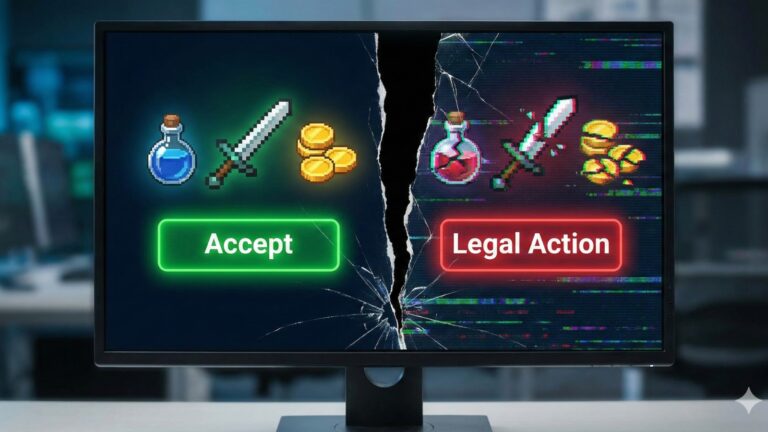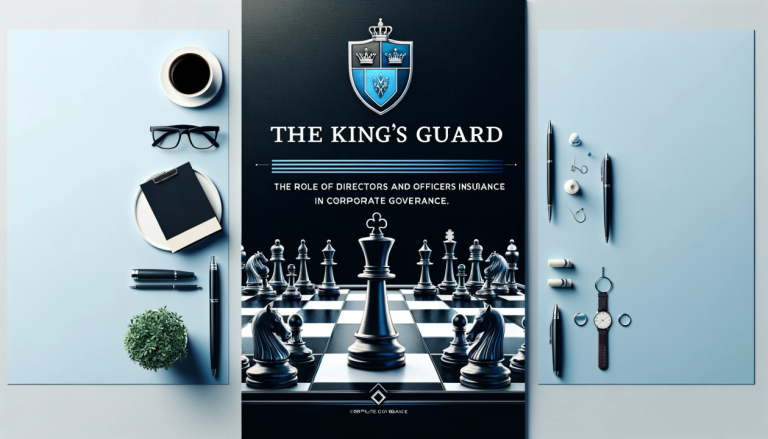Types of businesses that need Tech E&O insurance
- Software developers and SaaS companies: If your company creates software—whether it’s packaged software, mobile apps, or a Software-as-a-Service platform – you carry the risk that your software might not perform as expected or could fail at a critical moment. A bug or an outage in your product could cost your customers money, leading them to seek compensation from you. Tech E&O insurance is essentially a must-have for these businesses. In fact, software vendors working with enterprise clients will often find that E&O coverage is a contractual requirement. Many large customers insist that their software providers maintain errors & omissions insurance and will ask for a certificate of insurance as proof.
- IT consultants and service providers: Professionals and firms offering technology consulting, implementation services, system integration, or IT project management need E&O insurance. For example, if you’re an IT consultant configuring a client’s network or implementing a new software system, a mistake or oversight in your work could cripple the client’s operations. They might claim your negligence caused them financial harm. E&O insurance for IT professionals (sometimes called IT consultant E&O) will cover you in such scenarios. This applies to managed service providers, cybersecurity consultants, cloud infrastructure setup teams, and similar service-based roles in tech.
- Tech startups: Any tech startup providing software or services should secure Tech E&O insurance early. Startups are not immune to lawsuits—if anything, they may be more vulnerable because a single claim can threaten the company’s survival. Whether you’re a fintech startup handling financial transactions, a healthtech platform dealing with patient data, or a new SaaS company serving businesses, having E&O insurance is often essential for longevity. Investors and accelerators often expect startups to carry Tech E&O as part of good governance. Additionally, if a startup wants to land contracts with enterprise customers, those clients may require the coverage. In short, if you have a young tech company, E&O insurance is as important as having a solid business plan, because one lawsuit could otherwise end your venture.
- Companies handling sensitive data: Any tech company that stores, manages, or has access to clients’ sensitive data should have E&O coverage (in addition to cyber insurance). If you manage data and something goes wrong—perhaps data is lost, corrupted, or exposed—clients could assert that you failed in your professional duty. For instance, a data analytics firm, a payment processing startup, or a cloud storage provider could face claims if client data is mishandled or inaccessible. Tech E&O insurance would address the liability from the service failure (while a cyber policy would address first-party breach response costs; both are important in this case).
- Web hosting and infrastructure providers: Businesses that provide online infrastructure—such as web hosting services, cloud computing platforms, API service providers, etc.—should carry Tech E&O insurance. Their uptime and performance directly impact their clients’ businesses. If a hosting service goes down due to an error and a client’s e-commerce site is offline, that client could sue for lost revenue. E&O insurance ensures the provider has coverage for such claims of failing to meet service commitments.
- Independent developers and freelancers: It’s not only established companies; individual tech professionals (freelance developers, independent consultants, solo UX/UI designers, etc.) should also consider E&O insurance. If you contract directly with clients to deliver software, consulting, or any tech service, you could be held liable for mistakes. Many clients actually require independent contractors to have their own professional liability insurance. It’s common to see contract clauses insisting that a freelancer carry E&O coverage (sometimes with the client named as an additional insured on the policy). This protects both you and the client if a project goes awry.
Why carrying Tech E&O is essential
Having Tech E&O insurance is not just a formality – it can be the difference between weathering a business dispute and going under. Here are a couple of key reasons this coverage is so important:
- It fulfills client and investor requirements: It’s very common for larger companies to require their tech vendors to carry E&O insurance. When you sign a contract, there may be an insurance clause mandating specific coverages and limits (for example, “Vendor will maintain Tech Errors & Omissions insurance with at least $1M per claim coverage”). If you don’t have the insurance, you might not be able to finalize the deal. Carrying E&O signals to potential clients that you’re professional and prepared. Likewise, investors feel more secure knowing a portfolio company has protections in place – it means their investment is less likely to evaporate due to an uninsured lawsuit.
- It protects your cash flow and business continuity: Even if no one requires you to have it, E&O insurance is a smart safety net. The cost of defending a single lawsuit can be enormous – potentially hundreds of thousands of dollars in legal fees, even if you did nothing wrong. Many small and mid-sized tech companies wouldn’t survive such an expense hitting all at once. With E&O insurance, you transfer much of that risk to the insurer. The premium is predictable (and relatively affordable compared to the size of claims), which makes your financial planning easier. Instead of worrying that one error could force layoffs or bankruptcy, you can operate with confidence. In essence, E&O coverage buys you peace of mind: you can focus on innovation and growth, rather than constantly fearing a catastrophic lawsuit.
Bottom line: If your business develops technology or provides tech services to clients, you are a candidate for Tech E&O insurance. It’s a cornerstone of risk management for anyone in the tech sector who could be held accountable for the performance of their products or advice. The tech industry often likes the mantra “move fast and break things” – just make sure you’re insured for when something breaks.


































































































































